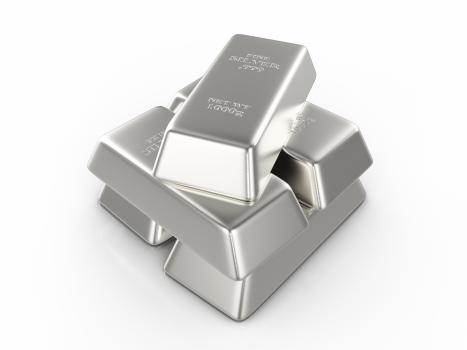Is There a Shortage of Silver for the U.S. Mint?
Supply shortages are having an impact on many things these days, including the ability to produce officially minted physical silver. With the United States Mint, this was the news reported earlier in 2022 by Numismatic News and other sources. While the U.S. Mint has confirmed having some difficulty obtaining sufficient physical silver, steps are being taken to deal with this concern. The precious metals experts from First National Bullion, San Diego collectors’ premier choice for high-quality gold and silver, explore this topic below.
Supplementing Shortages with Commodity Exchange Purchases
Gold and silver coin programs involving the U.S. Mint are largely guided by federal legislation passed in the 1980s. The U.S. Mint is required to make physical purchases from mining companies based in the United States. However, the U.S. Mint is also permitted to offset any shortages with purchases from commodity exchanges.
Outsourcing Issues
It’s not known exactly when this first happened, but for the last several years, the U.S. Mint has primarily outsourced its silver purchases to trim costs. The problem with relying on outsourced silver is those suppliers have other clients and markets to cater to as well. When silver is in high demand, such as what’s common during times of economic uncertainty, third-party suppliers sometimes have difficulty producing enough physical silver.
There are no indications the U.S. Mint is actually running out of silver. Numismatic News points out third-party suppliers are, in some instances, only able to meet minimum delivery requirements. This means the U.S. Mint receives the lowest base amount of silver required by the contracts they have with various silver suppliers.
Negotiating to Keep Popular Items Available
The U.S. Mint makes the bulk of its profits from its popular line of American Eagle coins, which are sold to authorized dealers. Reportedly, the U.S. Mint was able to negotiate an increase in its supply of silver blanks to boost the production of American Eagle coins. This is good news, but there’s one significant potential problem: private companies working with the U.S. Mint have more of an incentive to stick to minimum contract requirements so they can meet obligations to other—oftentimes more profitable—clients.
Issues with “Exchange for Physical” Purchases
According to Numismatic News, most silver purchases made today by larger buyers like the U.S. Mint are “exchange for physical” purchases. The potential issue here is suppliers using this method are allowed to supplement part of what’s requested with cash. In other words, the mint might not receive its full order as physical silver. For this reason, the U.S. Mint may continue to have difficulty meeting silver demand as long as supply-related issues are a concern.
Exploring the Many Ways to Obtain Silver
While supply shortages do create some challenges for precious metals buyers, there are ways to achieve your investment and financial security goals. With silver, you may prefer to mix up your purchases so you’re not reliant on a single source. This could involve exploring what’s available with coins, bars, and other forms of silver that appeal to you from a variety of sources, including reliable precious metals firms.
Whether they’re looking for expert advice on precious metals supplies or they want to buy silver bullion, San Diego precious metals collectors should reach out to the trustworthy professionals at First National Bullion. We can answer all your questions and help you find all the information you need on how precious metals can be a valuable part of your portfolio. Give one of our experienced dealers a call today at (858) 304-7580.
The statements made in this blog are opinions, and past performance is not indicative of future returns. Precious metals, like all investments, carry risk. Precious metals and coins may appreciate, depreciate, or stay the same in cash value depending on a variety of factors. First National Bullion does not guarantee, and its website and employees make no representation, that any metals for sale will appreciate sufficiently to earn the customers a profit. The decision to buy, sell, or borrow precious metals and which precious metals to purchase, borrow, or sell are made at the customer’s sole discretion.


